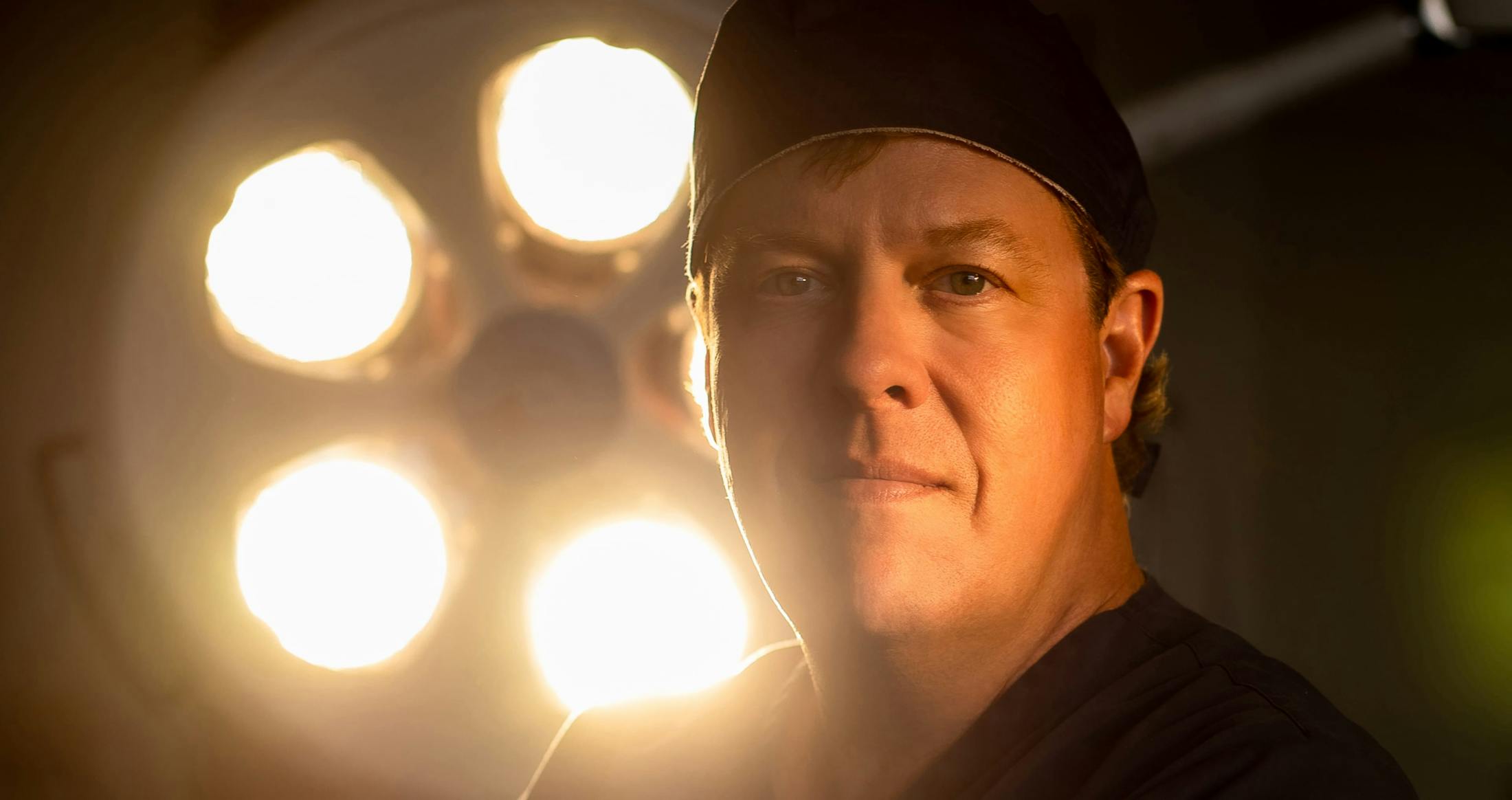If you're seeking the best gynecomastia treatment in Austin, look no further than the expertise of Dr. Scott Haydon. As a leading plastic surgeon, Dr. Haydon understands the impact that gynecomastia can have on one's self-esteem and overall well-being. He takes a compassionate approach to helping patients achieve a more masculine chest appearance, restoring their confidence and improving their quality of life.
Gynecomastic Surgery What are the Benefits?
Gynecomastia treatment offers numerous benefits that go beyond physical appearance, providing individuals with a renewed sense of self-confidence and improved overall well-being. One of the primary benefits is the restoration of a more masculine chest contour. Excess breast tissue in males can cause self-consciousness and impact body image, leading to emotional distress. By addressing gynecomastia through surgical intervention, individuals can achieve a flatter, firmer, and more sculpted chest, allowing them to feel more comfortable and confident in their own skin.
In addition to the physical transformation, gynecomastia treatment can positively impact mental and emotional health. Many patients experience a significant boost in self-esteem and body confidence following the procedure. They can engage in social and physical activities with increased comfort and freedom without the burden of feeling self-conscious about their chest. Gynecomastia treatment also helps individuals overcome the psychological distress associated with the condition, improving their overall quality of life. Dr. Scott Haydon understands the multifaceted benefits of gynecomastia treatment and is dedicated to providing personalized care and exceptional results to help patients achieve a more masculine chest.










